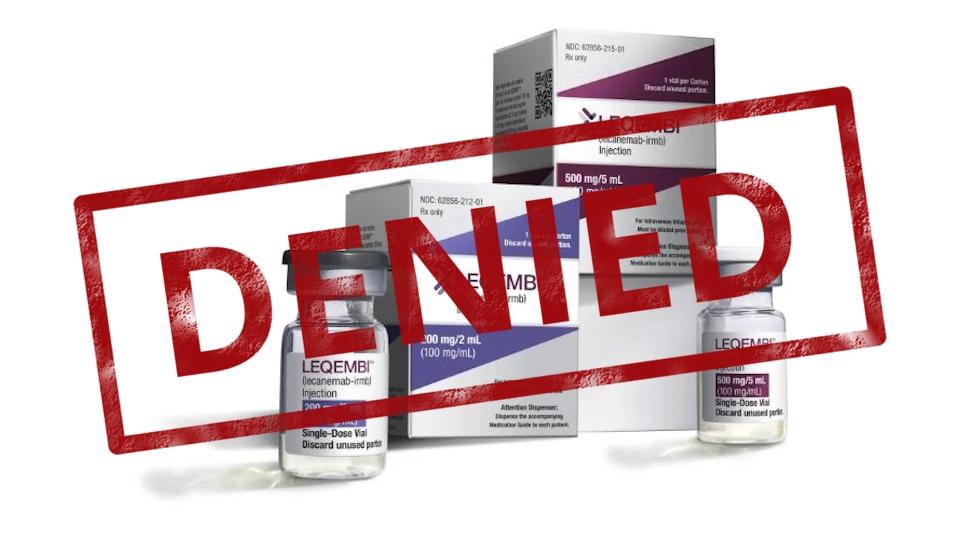Australia stands firm on 'no' to Alzheimer's drug Leqembi

Eisai and Biogen have been unable to persuade the medicines regulator in Australia to approve their Alzheimer's disease therapy Leqembi, with a narrower label than originally proposed.
The Therapeutic Goods Administration (TGA) has confirmed that it will not give a green light to the anti-amyloid antibody as a treatment for early Alzheimer's disease, doubling down on its earlier decision last October.
A few weeks later, Eisai – which takes the commercial lead on Leqembi – requested a reconsideration of the verdict with a limited label that would have made the drug an option only for patients who do not have one or two mutations in the apolipoprotein E4 (ApoE4) gene, which is a risk factor for Alzheimer's.
The TGA is concerned about data indicating that Alzheimer's patients with APOE4 gene variants have an elevated risk of so-called amyloid-related imaging abnormalities (ARIA) – including brain swelling and bleeding – than non-carriers.
In a statement, the TGA said that Eisai "proposed an alternative indication limited to APOE4 non-carriers, however…indicated it is not willing to agree to seek an indication restricted to this population."
The drugmaker also wanted to include patients with just one mutation (heterozygotes), arguing that they could be safely treated and supervised by physicians with expertise in monitoring for ARIA. It also pointed out that the non-carrier-only label would deny access to approximately two-thirds of all potentially eligible patients.
Concern about the elevated risk of side effects in patients with APOE4 variants also resulted in an initial rejection of Leqembi by the EU regulator last year, although Eisai and Biogen were able to persuade the EMA and its human medicines committee, the CHMP, to back approval in APOE4 non-carriers and heterozygotes. A similar outcome was also achieved with the MHRA in the UK.
"We are extremely disappointed and surprised by the TGA's decision and understand that the [Alzheimer's] community in Australia may also feel disheartened, especially given that 11 countries and regions across the globe have granted marketing authorisation," commented Lynn Kramer, Eisai's chief clinical officer.
"We tried earnestly to reach a compromise with the TGA on an indication that would adequately represent the data in the application but were unfortunately unsuccessful at this time," she added. "Eisai believes ApoE4 heterozygote carriers should at least also have access to lecanemab given the similar benefit-risk profile to the non-carrier population. Therefore, we could not accept this restrictive indication as it is not patient-centric."
The company has also said it will consider seeking a review of the TGA's position by the Administrative Review Tribunal.
Eisai reported that Leqembi sales were around $196 million in the first nine months of its current fiscal year and expects to hit its full-year target of around $280 million for the drug.












